Guardians of the Seeds
Multinational Capitalism vs Traditional Cultures
Preservation: Monoculture vs Biodiversity Preservation
Guatemala offers foreigners and locals alike a steady stream of off-the-wall, perplexing and downright strange occurrences and situations. It’s one of the qualities of the country that has kept me coming back for three consecutive summers from Washington, D.C., and has lured thousands of extranjeros to relocate to the country for decades.
My off-the-wall experience on the July day I set out for the Mesoamerican Permaculture Institute (IMAP) to inquire about its seed house was to get a lift in the bed of a pickup truck from Santiago Atitlán to its location a few kilometers west of San Lucas Tolimán. I had previously avoided this affordable and efficient form of transport out of fear of the unknown, but no other option was available.
Little did I know that a perfect illustration of the obstacles facing the institute’s primary objective would manifest itself a few minutes later when a group of local women and toddlers climbed aboard to share the lift.
A young mother, probably no more than 16 years old, sported a big grin as she played with her 2-year-old toddler while we flew past coffee and corn patches, the occasional remarkable lake vista, and a few concrete domiciles.
The pleasantness was then punctured (for me) when she unveiled a Cheetos-looking bag and began feeding her offspring these unhealthy and highly processed treats. To wash it down there was Coca-Cola, the ultimate giver of life, waiting at the ready, though they disembarked before getting to that point.
It’s obvious to most modern, nutritionally aware people that pediatricians would caution against such a dietary regime for the young and growing. It is especially deflating, however, to consider the cultural implications of the young mother’s choices.
The Mayan heritage this young woman has access to has a deep and edifying relationship to the Earth and to life. While I am not remotely able to express this relationship with enough care and skill, I do know enough to be able to confidently declare that the juxtaposition of the ubiquitous junk food wrappers and soft drink containers lying around the awesome environ of Lake Atitlán points to a loss of cultural identity and knowledge that is all too familiar worldwide.
Though the young woman may retain her Mayan identity and heritage far more than I could ever ascertain, my brief encounter with her and so many others makes me lean toward concluding otherwise. The constant push of foreign products and consumption habits into places like Lake Atitlán could only erode traditional Mayan lifestyles over time.
It is this constant encroachment of modern economic forces, particularly those concerned with agriculture that produced the Mesoamerican Permaculture Institute in 2000. It was co-founded by Ronaldo Lec, whom I had the pleasure of sitting down with for an hour or so. Lec, 46, and from nearby San Lucas Tolimán, passionately and articulately explained his organization’s raison d’etre, philosophy and challenges.
The Mayan perspective he presented fits into the narrative tension I’ve heard so many times before. Modernity versus tradition. Multinational capitalism versus traditional cultures.
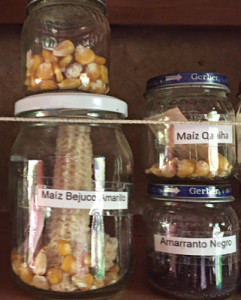 Monoculture versus biodiversity preservation. Monsanto versus the world.
Monoculture versus biodiversity preservation. Monsanto versus the world.
Ex situ versus in situ. The list goes on and on, and the resultant complexities and apparent competition for survival move that tension from the intellect to the heart and back.
Lec and IMAP and the countless thousands of others like them are in a struggle of epic proportions, and one that is not easily waged. From ancient times to the present, some human beings have sought technologically driven practices to increase efficiency and speed over patient and holistic cultivation that values and preserves biodiversity.
Lec pointed to early monocultural practices such as wheat cultivation in Mesopotamia (now barren and war-torn) as precursors to the contemporary heavy reliance on 12 species of plants (wheat, corn, rice, potato, etc).
Which is exactly why the seed house (seed “bank” has recently been rendered politically incorrect) is the very foundation of IMAP’s mission.
Seeds, particularly those with higher nutritional values, must be guarded from the clear and present dangers of predatory capitalism, with its well-established link to the banking industry.
The catch phrases or signals of predation mentioned by Lec were “liberated markets,” “trade agreements,” “intellectual property rights” and a few others. Traditional societies have battened down the hatches over the past 35 years as these terms and concepts entered into public discourse and their pernicious side effects were felt and understood.
And yes, there is an intended correlation between and awareness of the inauguration of Ronald Reagan in 1981 and the effects of market forces on traditional cultures. They are keenly aware of the tactics, intentional or not, Naomi Klein coined as the “shock doctrine” in which their societies are jolted into modernity without recourse with the introduction of infrastructure, electrification, etc.
So, the 250 plus seeds stored at IMAP represent the ultimate store of Mayan heritage, culture and knowledge. The love and reverence Lec and his staff have toward their seed house touched my heart and left me with a deeper appreciation of the human need to be connected with the Earth, with life and with other people.
IMAP makes these seeds available free to schools and charitable causes, but it has also monetized the seeds for trading in a nod to market forces. People tend to value things they pay for, and the institute’s core mission is strengthened in terms of sustainability and usefulness.
That mission is evolving and is connected to a continental network of heritage seed guardians. They are organizing themselves and increasing their antifragility in a somewhat cruel and unrelenting economic order. In fact, Guatemala will host the Sixth Annual Semillas de Libertad Conference in March 2018. Attendees from Argentina, Brazil, Colombia, Costa Rica, Ecuador, Mexico, the United States and the host country will be discussing issues and sharing knowledge about seeds and how to protect them.
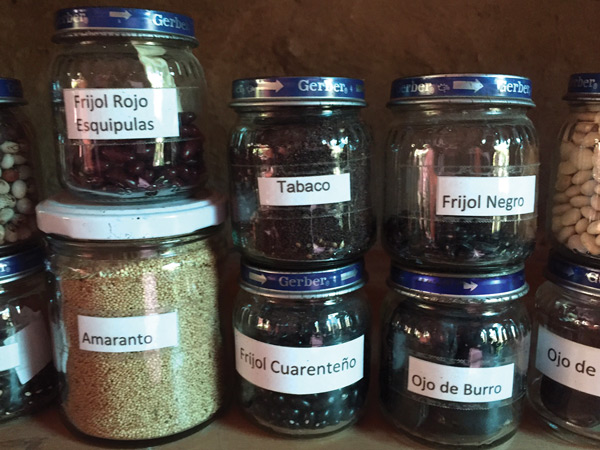 Innovative fundraising techniques will be used to gain crucial festival resources, including crowd funding and music festivals.
Innovative fundraising techniques will be used to gain crucial festival resources, including crowd funding and music festivals.
My only regret now, after being exposed to the world of Mayan seeds, is that I will not be able to attend the music festivals and workshops in six months’ time. I’ll be back home teaching 10-year-olds about fractions, atoms and, hopefully, how to be more respectful in the world.
REVUE article by Steve Dingledine
steven.dingledine@yahoo.com
@DingledineSteveMore Information about IMAP visit: imapermaculture.org or facebook.com/imapermacultura
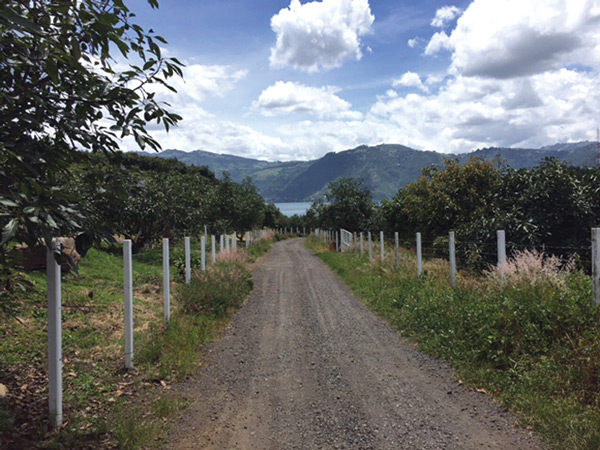
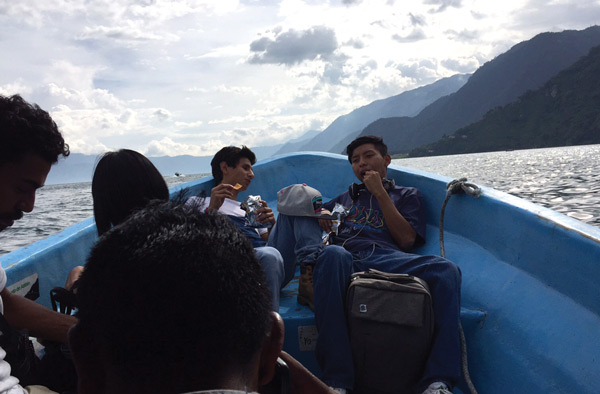
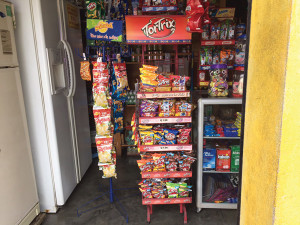
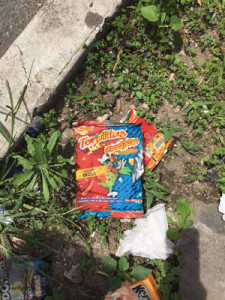
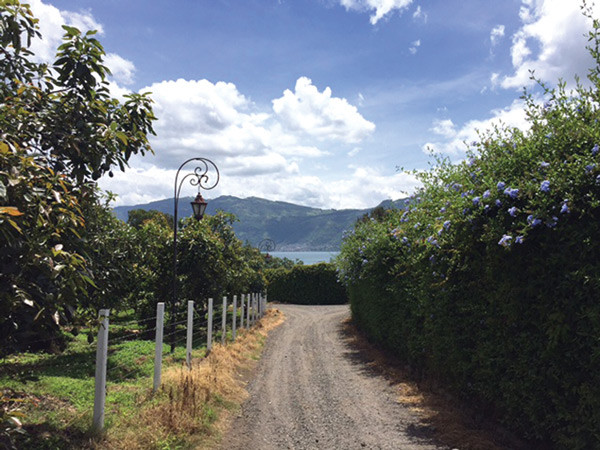
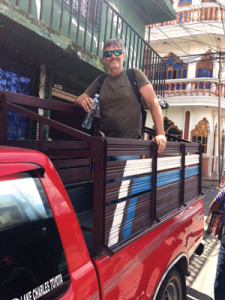
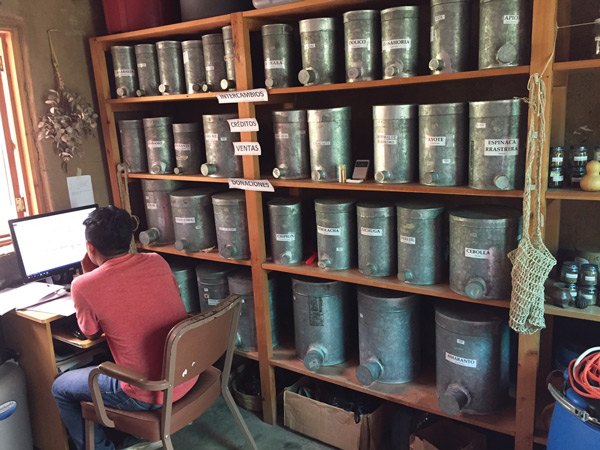
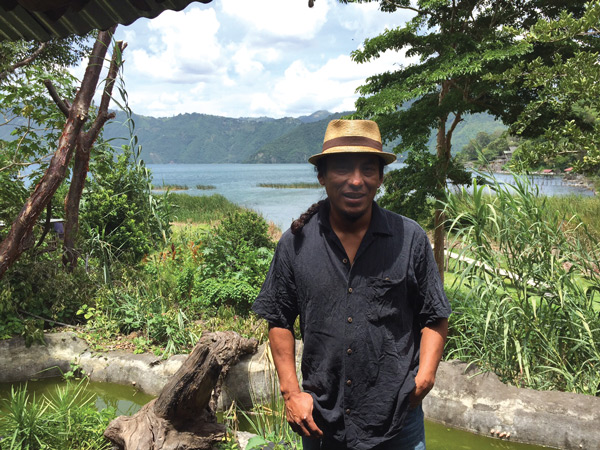
I hadn’t heard of this seed house before this article . Important knowledge and resources for everyone , not just in Guatemala.
We all have to keep natural seeds! This invasion of genetically-modified seeds will destroy everything. Good for them!
Indi, seeds turn out to be far more central to Mayan identity and culture than I ever thought, but as you point out not just in this region. There is a seed back in Norway that has over 5,000 seeds, including those from war-torn areas like Syria.
We need you Lec.
Thank you for your comment. I agree wholeheartedly.
Thank you for the comment Brittani.